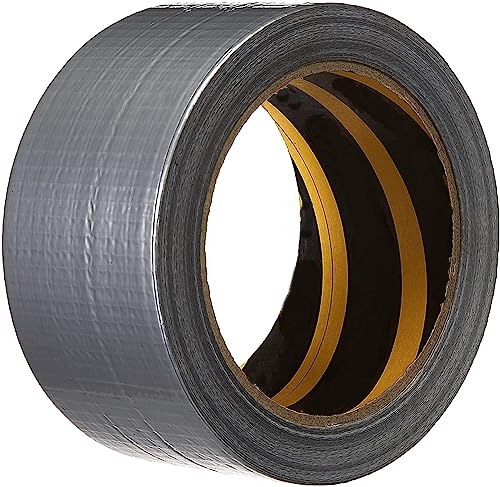The Beautiful Will Save the World, but Who Will Save the Beautiful?

In the era of global consumption, overabundance, and the rapid pace at which every form of culture is consumed, a provocative and perhaps uncomfortable question grows increasingly urgent: Who will save the Beautiful?Since Nietzsche's time, we have heard it said that "the Beautiful will save the world." This assertion has traversed centuries and disciplines, from art to philosophy, from aesthetic thought to social activism. Here, "the Beautiful" is not merely an aesthetic concept but a force, a hope, an idea of balance that counters the chaos of our lives, which, given the current state of affairs, seem to be worsening by the day.
What happens when Beauty, reduced to a commodity, loses its redemptive power and transforms into an empty simulation, devoid of meaning and value? Who, or what, can save it?
Today, we find ourselves immersed in an artistic production which, however prolific, no longer seems capable of touching the deepest strings of the human soul. At the dawn of every century, one could witness the emergence of new and original artistic movements. But since the year 2000, nothing...
Galleries are filled with works that replicate themselves, filling spaces without provoking authentic emotions. The so-called "contemporary art" is often steeped in sterile intellectualism, ephemerality, and aesthetic whispers that seem more to distract than to awaken. Artists are no longer explorers of the human condition but merchants of illusions, more often managers of their own commercial enterprises. Their works are consumed immediately, leaving no trace, raising no questions.
The paradox is glaring: society is hungrier for Beauty than ever, yet that Beauty risks drowning in a sea of superficiality. Major museums display works that fail to provoke debate or challenge reality, instead merely imitating its most banal aspects. Meanwhile, so-called emerging artists seem lost in a multitude of languages and styles, lacking a shared direction.
And here arises another question: What remains of the emotion that should shake us to our core? Beauty has become a degraded banner, a word overused to justify the indistinct and the useless. It is no longer a beacon that illuminates but a candle that burns out, leaving no trace. Contemporary artists seem more focused on explaining than creating. Critical language has become a necessary appendix to make their works comprehensible, as if Beauty required a manual of instructions.
True Beauty has never needed permissions or justifications. It does not settle for decoration, nor for being merely pleasant. Beauty is fierce, it is necessary, and nothing else will suffice. And here is where our time betrays its hypocrisy. In the desperate attempt to define the new, we have lost the sense of the sublime. Beauty is no longer a summit to be climbed but an empty vessel, ready to be filled with anything so long as it is sellable, even if of clearly inferior quality and poor taste.
This crisis is not only aesthetic but moral. If Beauty is the medium through which we perceive the divine, the absolute (as an exaggeration in reasoning), then its death is our condemnation to indifference. Humanity has become blind to Beauty because it is too busy trying to define it. Consumerist society suffocates us, and art, reduced to just another commodity, is both its victim and complicit at the same time.
True art has the power to shake, to question, to make the invisible visible. I have always believed that art expresses what words sometimes fail to.
But where have the artists gone who dare to challenge uncomfortable truths? Where are those who, with a brushstroke, a sculpture, or a performance, can tell us something new, something different that is not just an echo of consumerist society? The answer lies not in traditional aesthetics but in a creative revolution that drives us back to authenticity.
Perhaps the only hope resides in individuals. Who will save Beauty, if not ourselves? Beauty is everywhere, it is true, but it demands our effort, our gaze. It will not save us unless we position ourselves to embrace it. Saving Beauty is an act of resistance, of love, of hope. It is an invitation to look beyond the surface and reclaim what makes us human.
Because, in the end, for Beauty to be true, it must know how to wound. It must shake us, elevate us, make us feel life pulsating in all its tragedy and magnificence. Only those willing to be wounded in order to save it can truly restore its power to save the world.


